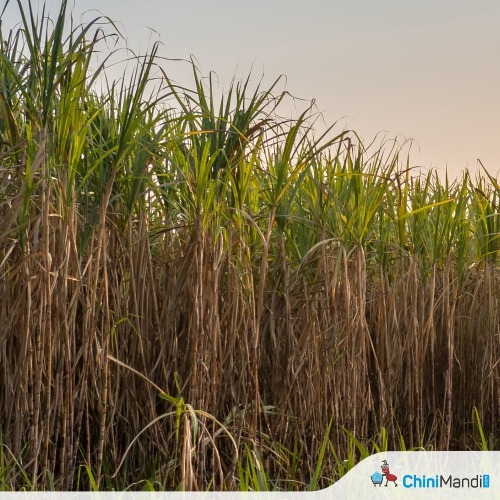Bijnor, Uttar Pradesh: A major outbreak of the black bug, locally referred to as kala chikta, has been reported in sugarcane fields across several districts of Uttar Pradesh. In response, the Sugar Department has issued an urgent advisory to farmers, urging immediate preventive and control measures.
The pest thrives in hot and dry weather, typically targeting ratoon (regrown) sugarcane during the months of April to June. It weakens plants by extracting sap from the leaves, significantly stunting their growth. In some affected areas, the black bug infestation has been compounded by the presence of the pyrilla pest.
Following field assessments, agricultural scientists have recommended increased irrigation and the destruction of residual crop stubble post-harvest to help contain the spread. For fields experiencing severe infestations, the use of chemical pesticides such as Profenofos, Imidacloprid, Cypermethrin, Chlorpyrifos, and Monocrotophos 36% SL has been advised, according to The Times of India.
Officials said that if pyrilla is more dominant and bio-parasites are present, chemical treatment may not be necessary. However, in cases of heavy black bug infestations, since there are no known parasites for black bugs, chemical treatment is considered essential.
Digambar Singh, state president of the youth wing of Bharatiya Kisan Union Arajnaitik, voiced concern over the scale of damage. “Black bugs and pyrilla have impacted vast sugarcane areas, and farmers are incurring losses. Sugar mills must step in and supply subsidised pesticides to support growers,” he said.
Providing further insight, Saharanpur’s Deputy Cane Commissioner, O.P. Singh, explained, “Black bugs usually emerge between April and June when conditions are hot and dry. Affected sugarcane leaves turn yellow with brown spots. Larvae are often found curled inside leaves and cane balls. Both adult insects and larvae feed on the sap, hampering plant development. In severe cases, leaf damage includes hole formation.”













